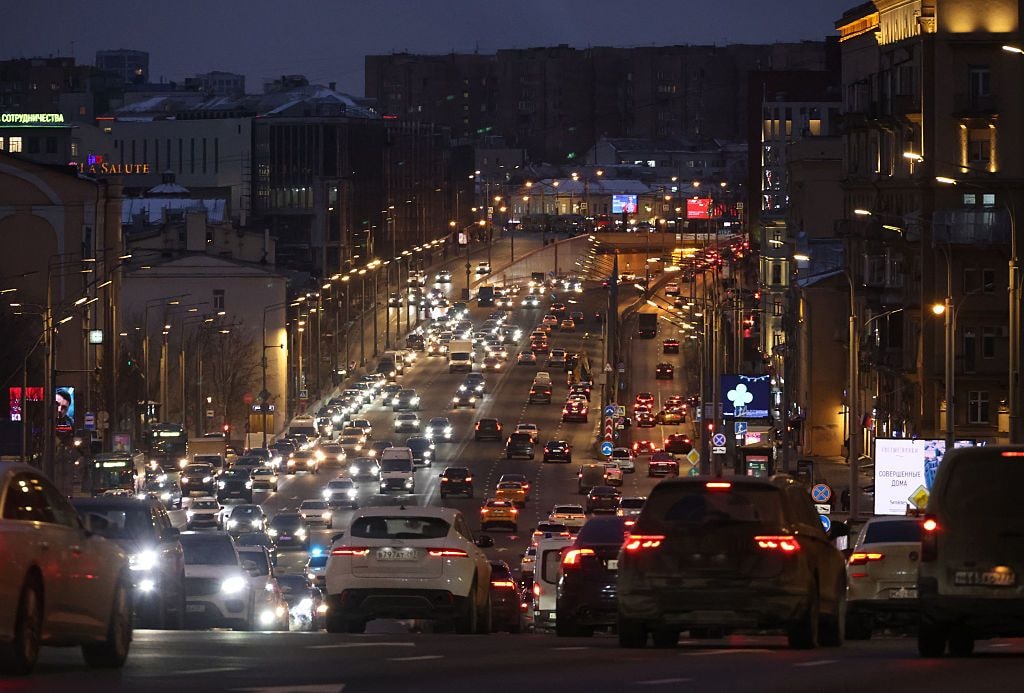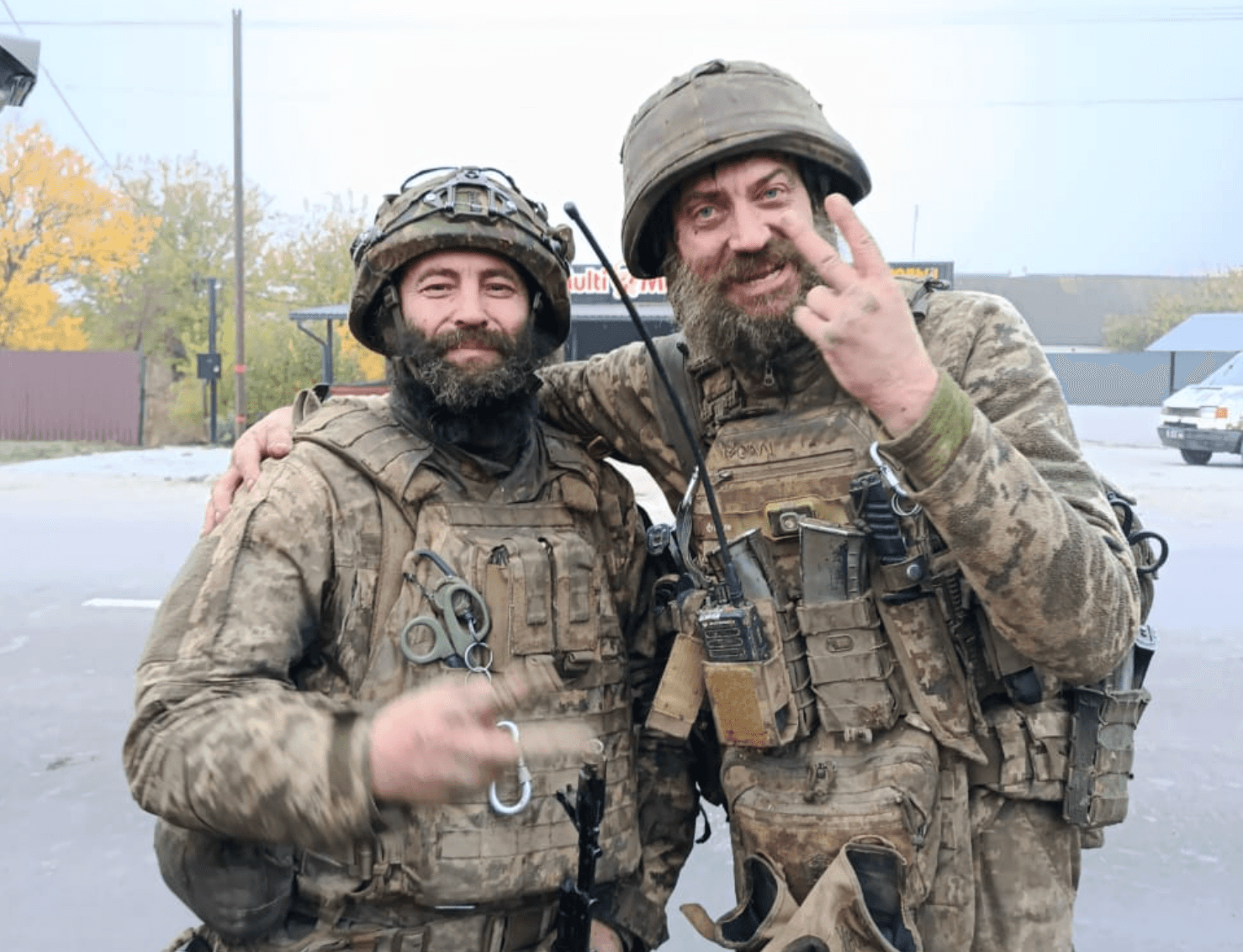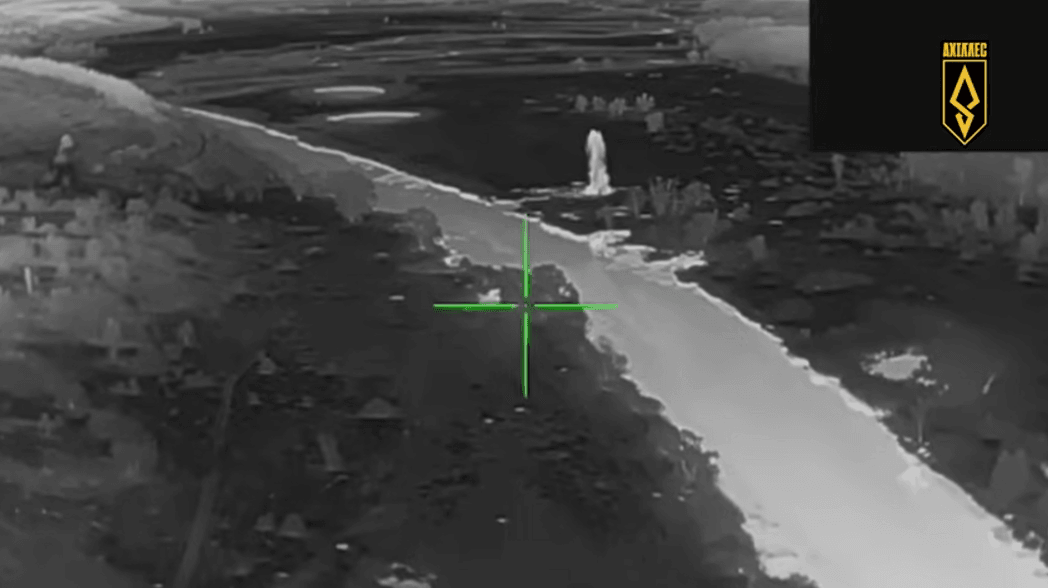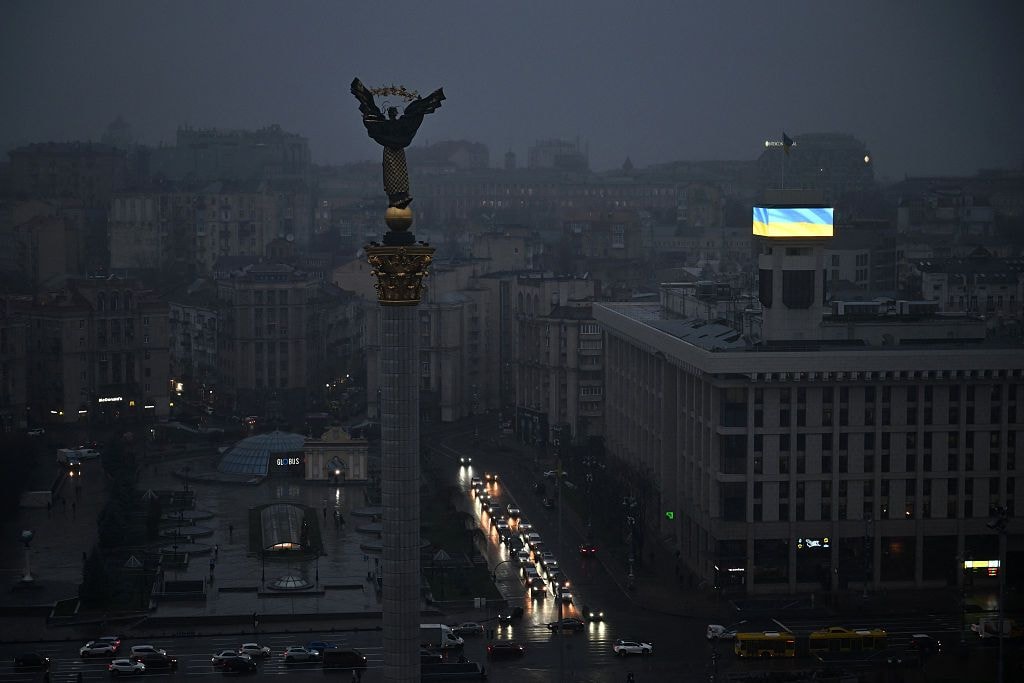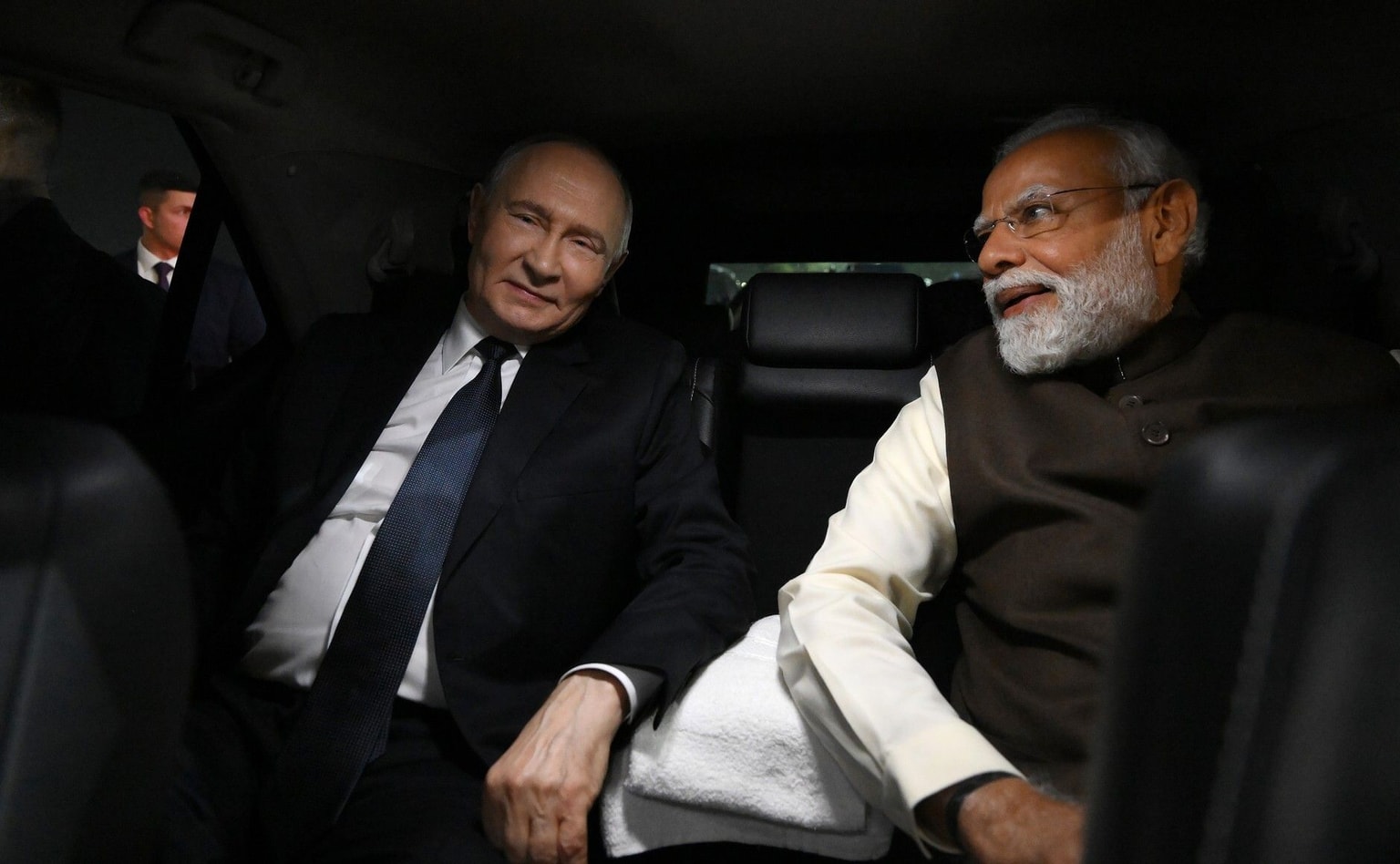Activists allege Ukraine’s SBU has launched crackdown on opponents of Kazakh regime (GRAPHIC)

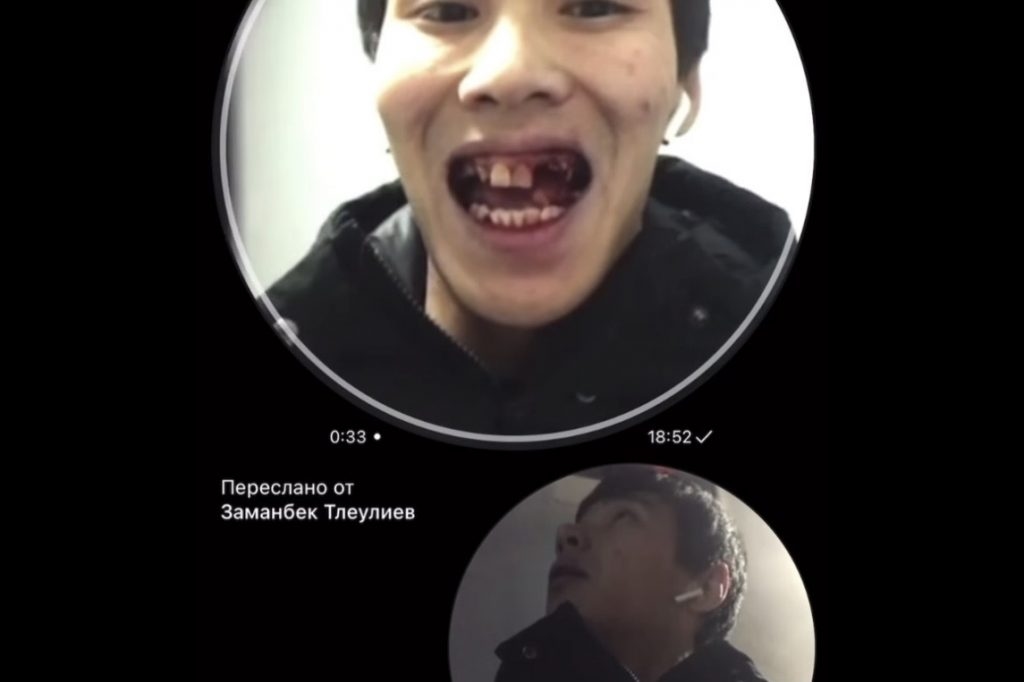
Human rights activists have accused the State Security Service (SBU) of launching a crackdown on Kazakh opposition activists in Ukraine.
Lyudmyla Kozlovska, a human rights activist at the Open Dialogue Foundation, wrote on Facebook that several men in plainclothes and claiming to be SBU agents visited and beat up Zamanbek Tleuliev, a representative of the opposition Democratic Choice of Kazakhstan party, on Jan. 6. The attackers did not show any identification, she added.
The service denied the allegations but said it had visited "certain Kazakh nationals" regarding possible “Russian provocations.” It did not elaborate.
Kozlovska also published a video of Tleuliev showing his broken teeth and saying they had been knocked out by the attackers.
In contrast with the SBU’s claims that the activists were being checked as possible Russian provocateurs, Tleuliev lashed out at the Kremlin in the video.
“Kazakh authorities are cooperating with (Russian dictator Vladimir) Putin and want to occupy our land,” he said.
At the same time, unknown people visited Yeldos Nasipbekov, another activist from the Democratic Choice of Kazakhstan, Kozlovska said. She published a video of one of them showing his SBU ID card to Nasipbekov.
Kozlovska said that the SBU officers had made Nasipbekov sign a document with a promise not to be involved in political activities in Kazakhstan.
The activists and Kozlovska said that they are involved in coordinating anti-government protests and collecting information on the killing of protesters in Kazakhstan.
The crackdown followed accusations by Russian propagandist Vladimir Solovyov and other pro-Kremlin media that violence in Kazakhstan was being orchestrated from Ukraine and Poland.
“So does it mean that the attack on (Democratic Choice of Kazakhstan) is help provided by Ukrainian special services to a Russian propagandist?” Kozlovska said.
The SBU confirmed visiting Kazakh opposition activists in Kyiv, attributing the visits to “the Russian factor and possible provocations from the Russian side that may discredit our state internationally and harm its interests.”
The agency denied beating any of the activists and claimed that its employees had been polite.
The SBU also said that it would file a motion with the State Migration Service to deport the activists.
The ongoing protests, which began on Jan. 2, are the biggest and most violent since Kazakhstan gained independence in 1991. Initially demonstrators protested against a sharp hike in liquified petroleum gas (LPG) prices but later began to demand the resignation of President Kassym-Jomart Tokayev and the departure from politics of Kazakhstan’s ex-President Nursultan Nazarbayev.
The demonstrations turned into an uprising on Jan. 5, when protesters seized government buildings in Almaty, the nation’s biggest city and former capital. As a result, Tokayev has called on a Russian-led military alliance to intervene, and Russian troops arrived in the country.
As of now, Kazakh authorities have mostly restored control over the country.


